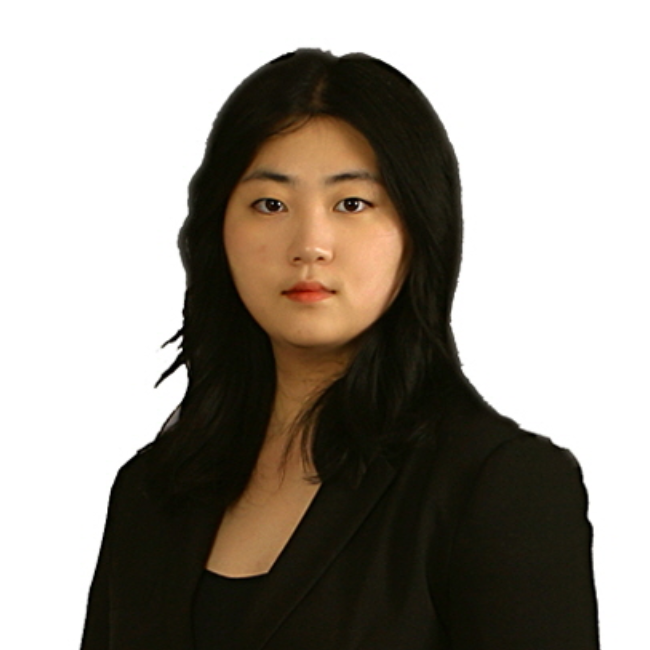Korea's inflation inches up to 2.6% in July due to monsoon rains
Published: 02 Aug. 2024, 09:27
Updated: 02 Aug. 2024, 16:47
-

- SHIN HA-NEE
- shin.hanee@joongang.co.kr
![Cheonggyecheon trail is flooded with rain as heavy downpour drenched Seoul on July 17. [YONHAP]](https://koreajoongangdaily.joins.com/data/photo/2024/08/02/715fdb15-ec16-4026-be43-150df0cf7353.jpg)
Cheonggyecheon trail is flooded with rain as heavy downpour drenched Seoul on July 17. [YONHAP]
Korea’s inflation inched up in July, driven by global oil price hikes and rare downpours that pushed up food prices.
The consumer price index, a key measure of inflation, rose 2.6 percent on year last month, according to data from Statistics Korea released Friday.
This yearly increase marked a rebound after the previous month’s 2.4 percent rise, breaking a three-month streak of deceleration.
Headline inflation fell below the 3 percent mark for the first time in six months in January, rebounded to 3.1 percent in February and March, then fell again to 2.9 percent in April, 2.7 percent in May and an 11-month low of 2.4 percent in June.
On a monthly basis, consumer prices rose 0.3 percent.
The Ministry of Economy and Finance pointed to increases in fuel and agricultural product prices for the latest acceleration.
The price of petroleum products rose 8.4 percent on year last month. Gasoline prices came to 1,707 won ($1.24) per liter in July, up from the previous month's 1,657 won per liter. The price of Dubai crude stood at $83.8 per barrel in July, compared to $82.6 a month earlier.
Agricultural, marine and livestock product prices rose 5.5 percent on year and 0.9 percent on month.
The yearly growth in fresh fruit prices remained strong at 21.3 percent after a 31.3 percent jump in June. Pear prices logged record on-year growth of 154.6 percent, while apple prices also rose 39.6 percent.
Compared to the previous month, vegetables drove the price increase with a 6.3 percent jump in July compared to a month earlier, as heavy rainfall during the summer monsoon season hampered production.
Core inflation, which excludes volatile food and energy prices, remained flat for the third consecutive month at 2.2 percent after decelerating by 0.1 percentage point in May.
The cost-of-living index, which tracks the price changes of 144 types of frequently purchased consumer goods and services, rose 3 percent, accelerating from the previous month’s 2.8 percent on-year gain.
"The rate of the increase in consumer prices is expected to slow down again starting August, as core inflation remains stable and the base effect from last year's steep hikes in oil and agricultural prices comes into play," said Kim Woong, a deputy governor at the Bank of Korea, during an inflation-monitoring meeting held at the central bank on Friday.
Despite the uptick in July, Korea's inflation remained in the 2 percent range for a fourth consecutive month, further driving expectations of rate cuts.
The U.S. Federal Reserve recently signaled a possible base rate cut in the upcoming rate-setting meeting in September. The Bank of Korea also indicated a pivot toward a policy rate reduction after its most recent rate-setting meeting in July, when the central bank froze its interest rate for a 12th straight session.
Update, August 2: Added statement from the Bank of Korea and details about the previous rate-setting meeting in Korea.
BY SHIN HA-NEE [shin.hanee@joongang.co.kr]










with the Korea JoongAng Daily
To write comments, please log in to one of the accounts.
Standards Board Policy (0/250자)